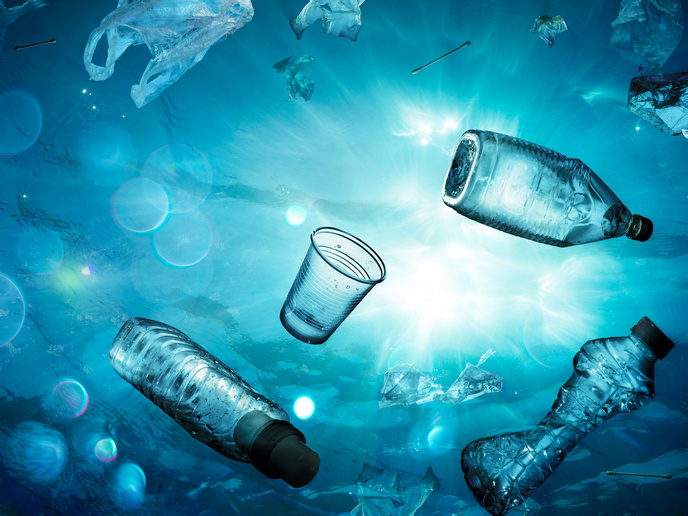Reducing winery pollution
The EU wine industry releases considerable amounts of polluted wastewater into the river system, in addition to producing solid organic waste that is often similarly mishandled. Strict new EU environmental regulations curb these practices. However, European winemakers will need technical support to meet environmental regulations. This was the purpose of the 'Integrated approaches for sustainable European wine production' (SUSTAVINO)(opens in new window) project. SUSTAVINO came up with an environmental quality strategy for sustainable wine production (EQSW), which encompassed cost-effective and ecologically responsible treatments. In addition, the project aimed to conduct comprehensive training and build the capacity of European small and medium-sized enterprises (SMEs). The project also worked on developing an EQSW label, implementing dissemination programmes, building permanent contacts among participants and promoting European wines. The project also hoped to safeguard rural economies. The project did not report on several of the above work areas. However, the project did develop a questionnaire assessing the wine-making practices and contexts in Europe, which resulted in a 'quite poor' response. The unstated conclusions from that sub-study were published separately. The project conducted numerous extensive literature surveys covering various aspects of the wine-making process. SUSTAVINO also performed intense chemical testing on winery wastes and water quality all across Europe. The project concluded that European wineries have little in common except seasonal variability of wastes, which presented problems in terms of cost-effective treatments. Therefore, while most treatments may work, no universal treatment option is available and each winery must be assessed individually. The project developed an action plan for that purpose. SUSTAVINO determined that the most effective treatments would include land spreading, aerated storage, municipal treatment plants, and sequencing batch reactor and membrane bioreactor technologies. The EQSW label resulting from SUSTAVINO's work will allow SMEs to verify their compliance with EU environmental regulations. The work will also mean cleaner rivers and groundwater for Europe.







